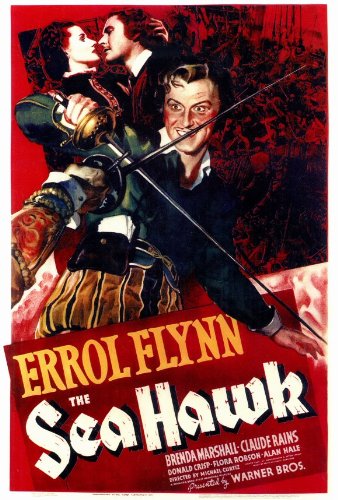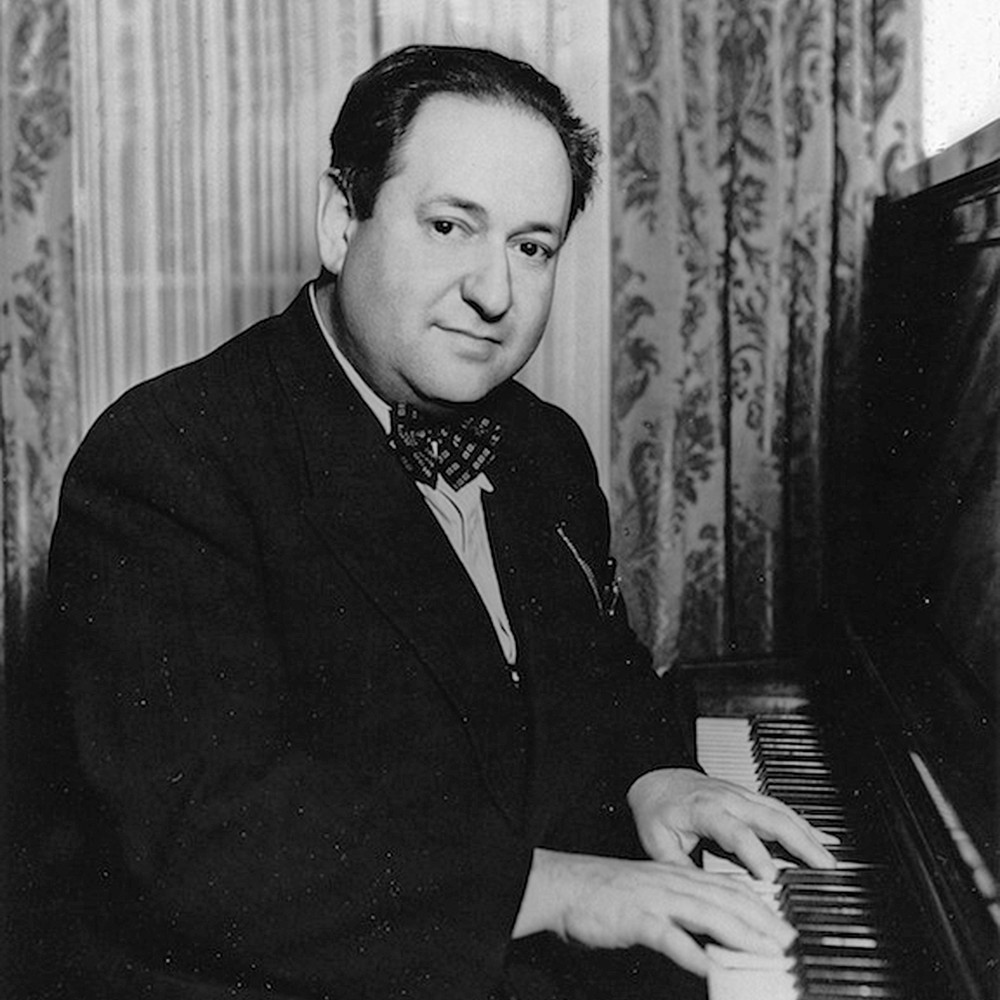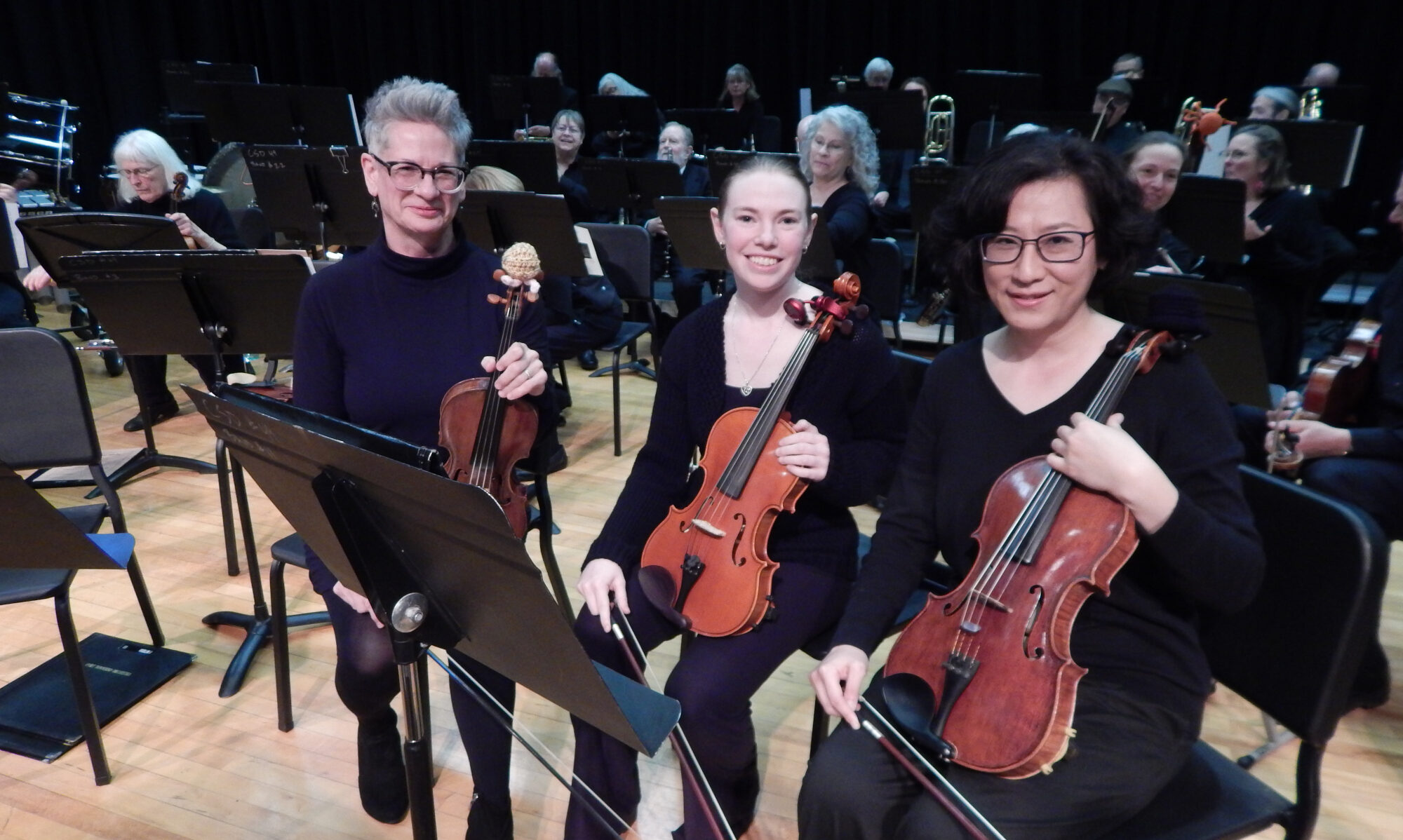
Erich Wolfgang Korngold was born in May of 1897 in Brno, Austria-Hungary. He was a child prodigy and son of eminent music critic Julius Korngold. By his early teens he had composed a successful ballet (Der Schneemann — The Snowman), a piano sonata played by Arthur Schnabel throughout Europe, and two operas conducted by Bruno Walter. By age 23 he became the conductor of the Hamburg Opera, and by 33 he was a professor of music at the Vienna State Academy.

At the request of his Austrian friend, director Max Reinhardt, and due to the rise of the Nazi regime, Korngold moved to the U.S. in 1934 to write music for Hollywood films. His first score was for “A Midsummer Night’s Dream” (1935). His next work was for “Captain Blood” (1935), which helped boost the career of Errol Flynn, a Hollywood newcomer and an actor Korngold would work with in years to come. Korngold received an Oscar for both “Anthony Adverse” (1936) and “The Adventures of Robin Hood” (1938). Overall, he wrote music for sixteen Hollywood films. Along with Max Steiner (“King Kong”, “Casablanca”, “Gone With The Wind”) and Alfred Newman (“Mark of Zorro”, “Wuthering Heights”, “Hunchback of Notre Dame”), he was one of the founders of great film music.
Korngold’s approach to writing his scores was to consider the film sceneries as opera libretti. He wrote leitmotifs, or themes, for the main characters, a technique still used today, especially by composers such as John Williams. The music is just as important to the emotion of the film as what is being shown on the screen.
The 1940 production of “The Sea Hawk” was Korngold’s seventh major long score that Korngold wrote for the film is considered by many to be the greatest movie music ever composed.
